
– DECEMBER 2023 –
News & Updates for the U-M Animal Care & Use Community
We are pleased to announce that the University of Michigan has received Continued Full Accreditation from AAALAC International (AAALAC).

In the notification letter received on November 27, the AAALAC Council recognized our entire community – animal care staff and laboratory members – for the tremendous levels of pride, dedication, and commitment to compassionate animal care that were displayed throughout the Site Visit in mid-June.
We greatly appreciate the diligence and attention that each and every one of you gave to preparing for this most important re-accreditation visit.
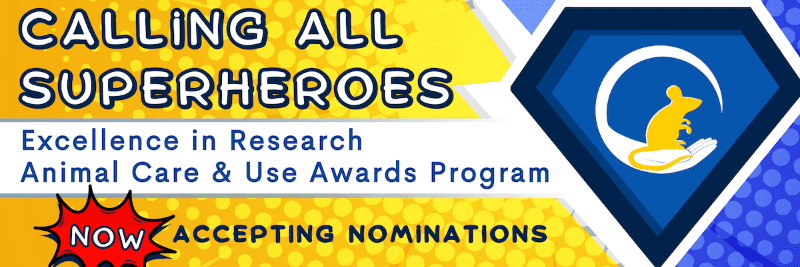
WHAT’S NEW
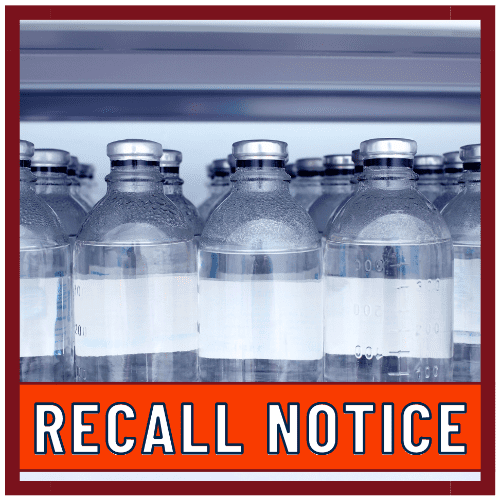
Discontinue Use of Recalled Water-Based Medical Products Due to Sterility Concerns
The FDA has issued a warning not to use recalled saline (0.9% sodium chloride) and other water-based medical products manufactured by Nurse Assist, LLC and sold under various brands. Although no adverse events have been associated with these recalled products, please discontinue all use in animals.

New Animal Use Protocol Template Now Available in eRAM
A new protocol template – commonly referred to as “V2” – launched in eRAM on November 20. The V2 template will now be used for all new and renewing protocols. The ACUO will contact all Study Teams with an expiring protocol in advance of protocol expiration to facilitate a smooth transition to the new template.
WHAT’S TRENDING
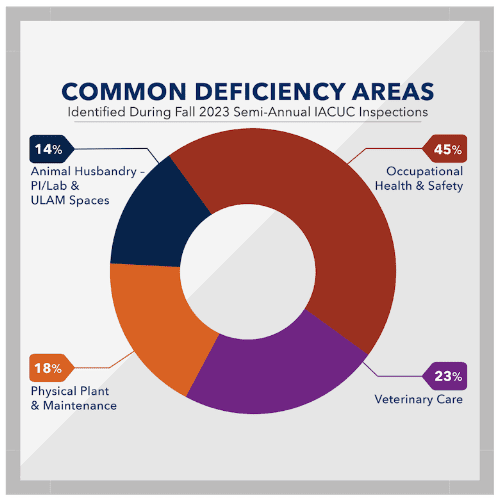
Lessons Learned from Fall 2023 Semi-Annual Facility Inspections

Be in the Know Before You Go: Procedures for Safe Animal Transport
Any individual who may be responsible for transporting animals should be familiar with the Procedures for Animal Transportation. Review these important reminders to ensure that you know how to safeguard animal health and welfare BEFORE moving animals between rooms, buildings, and other campus facilities.
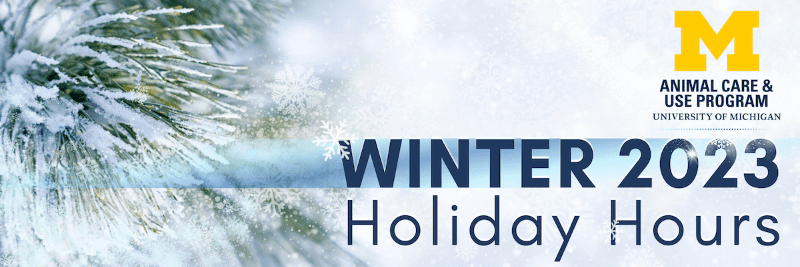
IMPORTANT DATES
Thu>
12/21
Final Animal Deliveries Received in Calendar Year 2023
Final animal deliveries will be received on Thursday, December 21, 2023. There will be NO animal deliveries beginning Friday, December 22, 2023 – Monday, January 1, 2024.
To receive your animals during the week of Tuesday, January 2, 2024 – Friday, January 5, 2024, orders must have been placed by Thursday, December 14, 2023.
If you have specific questions about animal ordering or delivery during the holidays, please contact the ULAM Business Office at [email protected] or (734) 764-0277.
Fri>
12/22
ACUO, ULAM Holiday Hours Begin
Several service areas within the Animal Care & Use Program will be closed or operating at limited capacity during the upcoming holiday season.
To ensure that your research needs are met quickly and efficiently, please review and share the ACU Program Winter 2023 Holiday Hours with your team, plan ahead, and act early.
UPDATED DOCUMENTS
The following documents have been recently updated. For a summary of changes, including a brief description of how your research may be impacted, click on the title of each document.
A full list of recently updated documents pre-sorted by Last Updated Date is available on the Animal Care A-Z website.

Featured Policy Updates

Featured SOP Updates
ANIMAL IMPACT
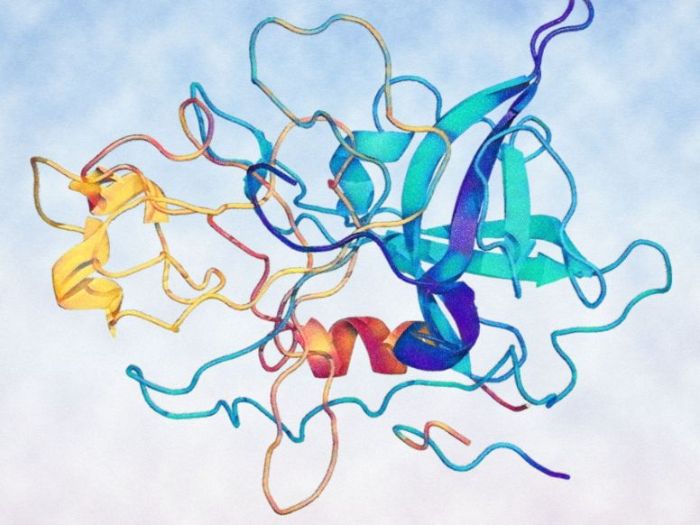
Certain viral infections, such as HIV and COVID-19, have been linked to kidney dysfunction.
Now, a study shows that specific viral proteins interact with the immune system itself to cause the disease.
Through a series of experiments in non-human primates, mice, and humans, a multi-institutional team led by researchers from Michigan Medicine and Rush University found that the immune protein soluble urokinase plasminogen activator receptor, or suPAR, is an important link between viral infections and proteinuria; the elevation of protein in the urine is known to cause glomerulopathy, a common form of kidney disease.
“We’ve always suspected that organ damage, such as proteinuria, that happens after viral infections is related to some dysfunctional aspect of the immune system,” said Salim Hayek, M.D., co-senior author of the study and medical director of the University of Michigan Health Frankel Cardiovascular Center Clinics.
“Through this work, we convincingly show that the immune-derived protein suPAR plays an essential role in that process. This clarifies an aspect of immunology that was undefined and points to a future where patients with viruses associated with kidney disease could be treated by medications that target suPAR.”

ACUO • IACUC • ULAM • eRAM • ANIMAL CARE A-Z • REPORT ANIMAL CONCERNS
